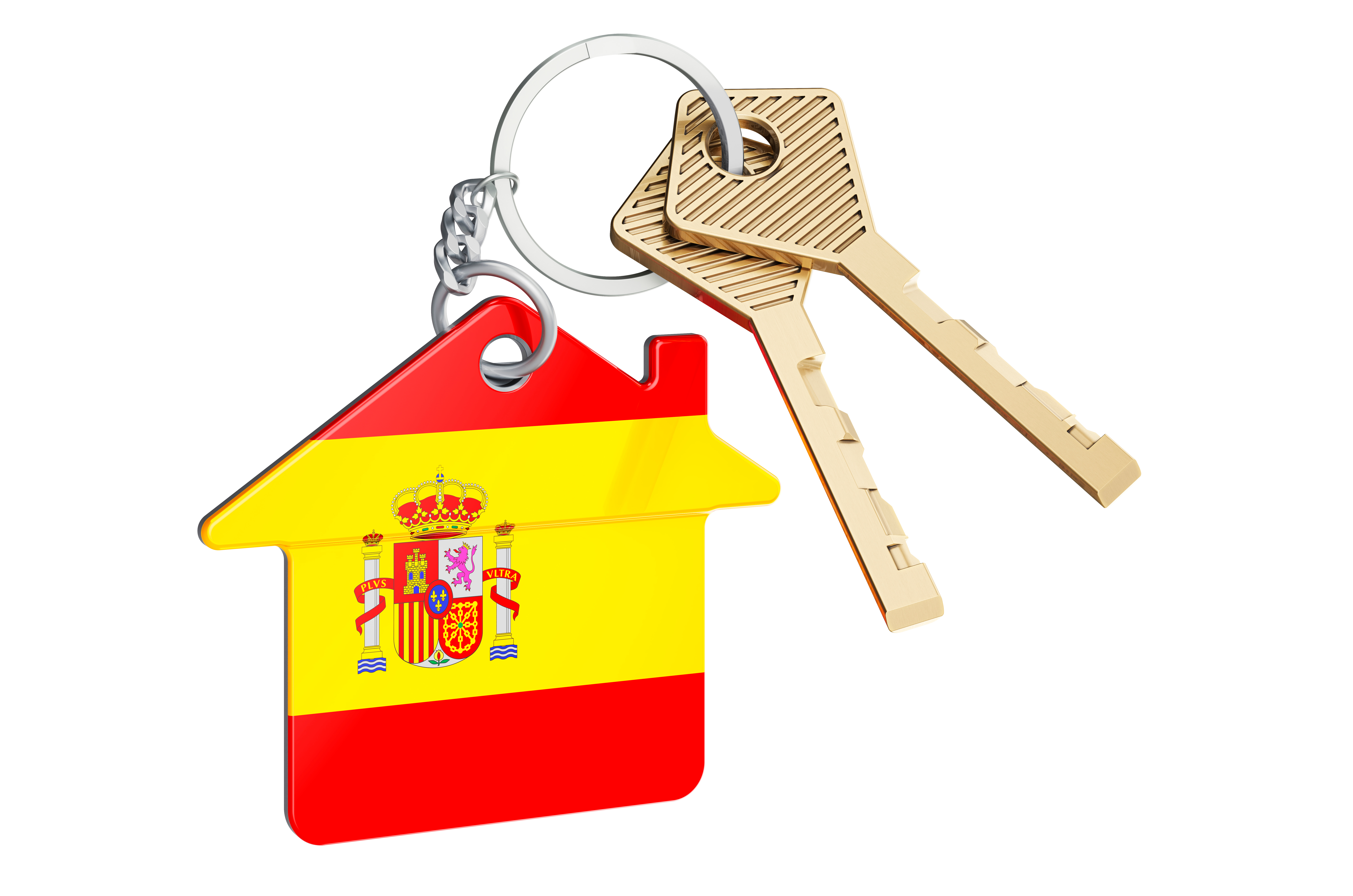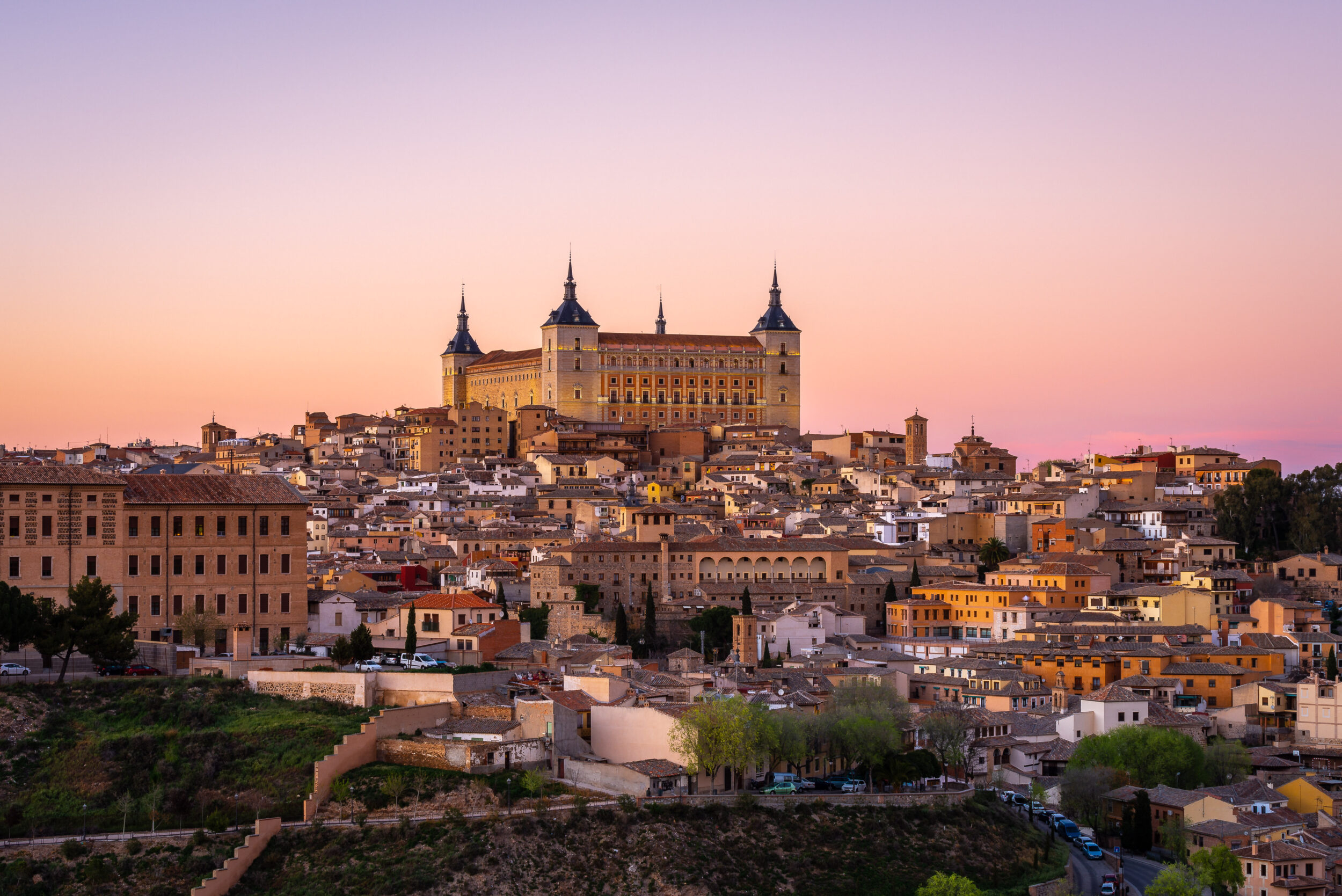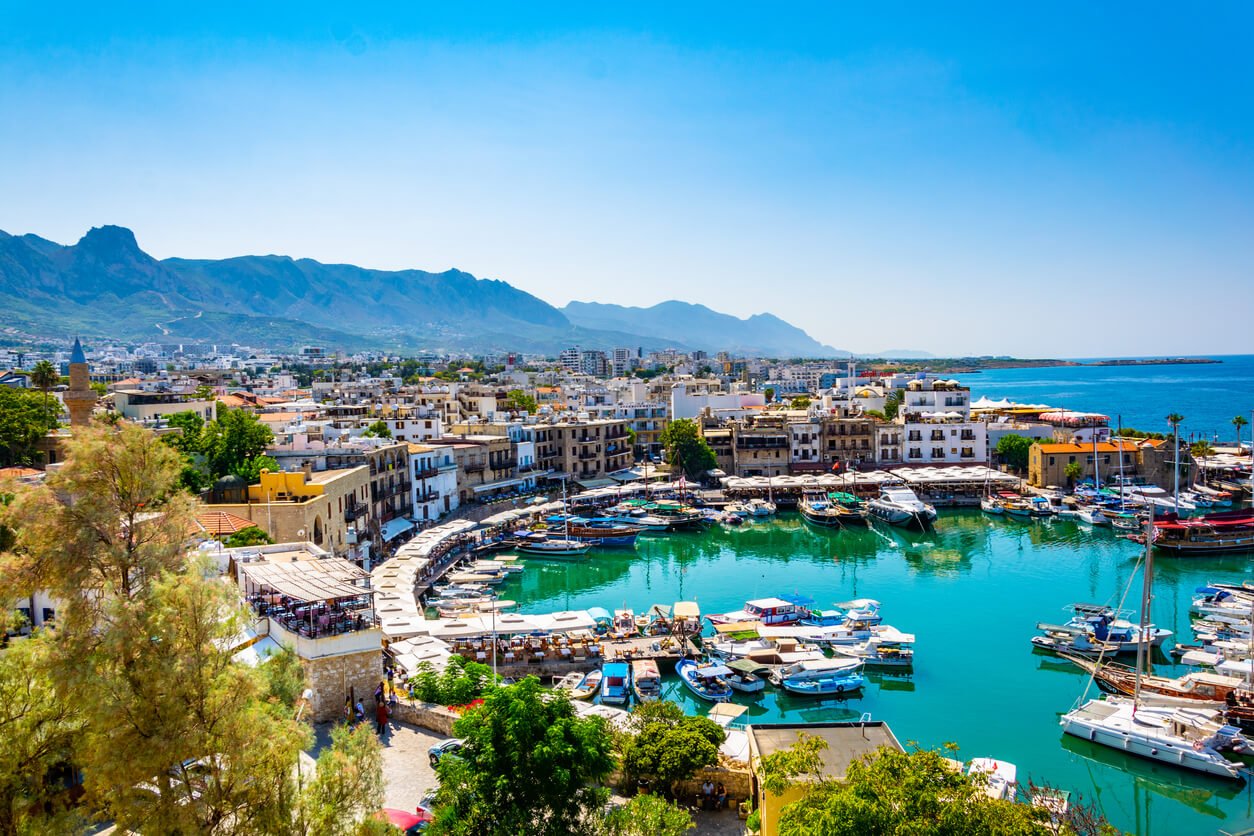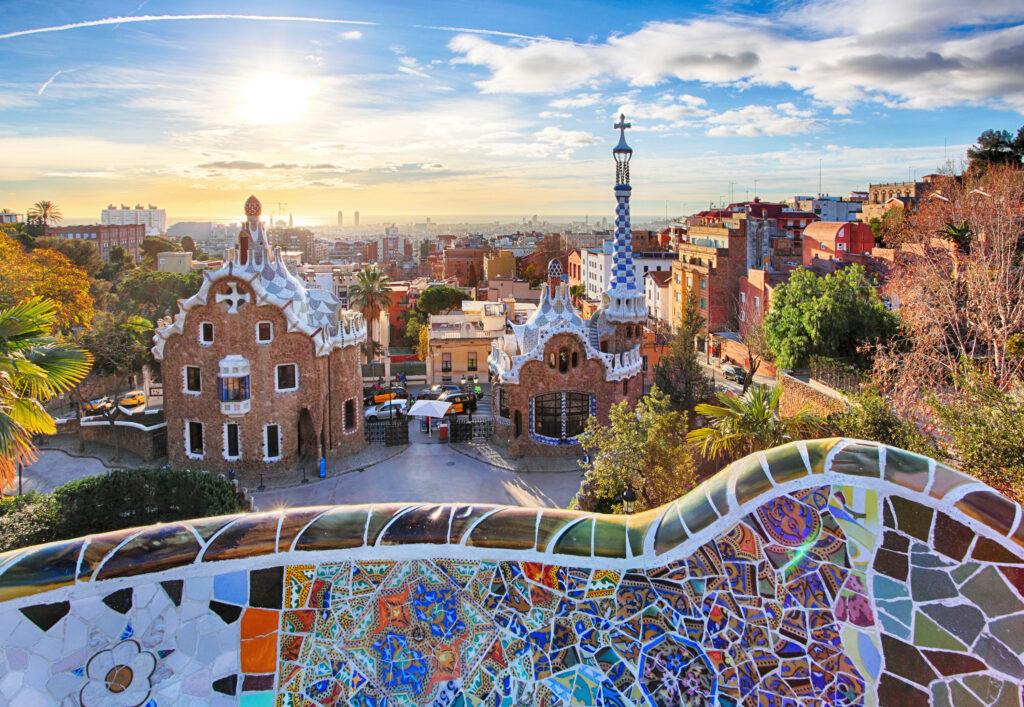
Are you considering starting a new life in Spain? What steps do you need to take from your home country? How can you make your transition smooth? Lifestyle, Spanish culture, and cuisine – we tell you everything!
Why move to Spain in 2023?
With a warm climate, a more pleasant lifestyle, an extensive cultural and natural heritage, exceptional Mediterranean cuisine, a welcoming atmosphere, and affordable living costs, Spain has a lot to offer. Here are some of the best reasons to live in Spain in 2023.

Top reasons to move to Spain
- Enjoy the climate and quality of life.
- Learn to speak Spanish and discover Spanish culture.
- Explore new activities, architectural wonders, and cultural treasures.
- Discover the beauty of landscapes and beaches.
- Appreciate Mediterranean food and local drinks.
- Enjoy the vibrant nightlife and entertainment.
- Get to know the locals and make friends.
Moving to Spain in 2023 provides a compelling mix of factors, from the enviable climate to cultural richness, making it an attractive destination for a new life.
Spain, a rich and diverse country
Spain is a country rich in culture, art, history, and Mediterranean cuisine. It is also a European state where four languages are spoken: Spanish (Castilian), Catalan, Basque, Valencian, and Galician. As for the different Spanish regions, Spain is divided into 17 communities.
If you wish to explore the richness of Latin culture, with its amusing cultural differences, Spanish dances, and essential administrative procedures, you must keep in mind a number of subtleties specific to your new country. Indeed, some aspects are rhythmic and dance-filled, while others remain more normative, such as certain mandatory administrative procedures (obtaining the NIE, Foreigner Identification Number).
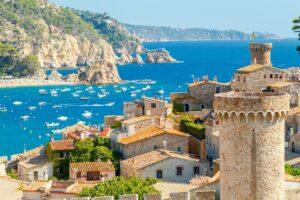
Adapting to your new lifestyle in Spain
When you decide to live in Spain, it’s essential to gather information about the climate, lifestyle, customs, and traditions. One thing is certain, Spain offers incredible food, and the people are friendly. The most crucial part of transitioning to your new life will be successfully understanding Spanish and fully immersing yourself in the country’s culture.
Learn the language of your country: the basics!
More and more Spaniards speak English, especially in major cities. However, don’t expect to be understood everywhere with English. Spanish is the predominant language in Spain.
Therefore, if you only know a few words of Spanish upon arrival, taking lessons is a wise choice to help you integrate and ensure a smooth relocation. Not only will this facilitate your transition, but it will also allow you to communicate with locals and fully immerse yourself in their culture.
Overcome the barrier of the Spanish language by starting with the basics. There are numerous resources to assist you, such as online courses, books, apps, and video tutorials.
Here are some apps to help you learn Spanish:
- Duolingo
- Busuu
- Babbel
- Tandem
- Hellotalk
Note: This is not an exhaustive list of existing apps for learning Spanish.
You can also find conversation groups (on Facebook or newcomer welcome groups on your municipality’s website).
An uncommon diversity
Spain boasts a remarkable variety of landscapes, from the seaside to the most unknown mountain ranges, valleys, plateaus, forests, volcanoes, lakes, deserts, and more. You’ll find some of the country’s most beautiful beaches as well as lesser-explored but equally captivating natural wonders.
Spain is home to 16 national parks and 119 natural parks. Here are some of our favorites:
- Doñana National Park (located southwest of Andalusia, 35.8 km from Seville).
- Teide Natural Park (in Tenerife, Canary Islands). This site is home to a volcano, Mount Teide.
- Picos de Europa (Cantabrian Mountains, northern Spain). Designated as a UNESCO World Heritage site since 2002, the Picos de Europa are located between the provinces of Asturias, León, and Cantabria, around thirty kilometers from the Bay of Biscay.
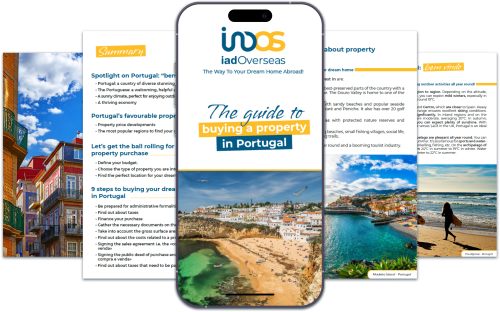
A unique cultural wealth
History, culture, and architecture – if you enjoy exploration, your new country has plenty to offer. Indeed, Spain is home to some of the most remarkable monuments and architecture. Discover the beauty and richness that the Spanish regions and communities have to offer.
Among them, here are some of our selections, but there are so many other wonders!
- City of Arts and Sciences in Valencia and its Oceanographic Museum
- The Mosque-Cathedral of Cordoba
- The iconic Sagrada Familia by Gaudi in Barcelona
- The Prado National Museum in Madrid
- The Alhambra in Granada
- The Gibralfaro in Malaga
- The city of Seville
Indulge in the pleasures of Mediterranean flavors
In Spain, eating is a ritual, even a devotion for some. No meal is rushed but rather savored in the company of friends, family, or colleagues. Traditional Spanish cuisine offers a delightful blend of the Mediterranean diet with its fresh vegetables, legumes, fish, and meat cooked in olive oil. This combination not only brings health benefits but also exquisite taste.
Here are some Spanish gastronomic products renowned for their health benefits, flavor, and aroma:
- Extra virgin olive oil.
- Iberian ham.
- Wines, especially Riojas.
- Vegetables: Navarre asparagus, Lodosa red peppers, or Almagro eggplants.
- Manchego cheese. Also, explore the cheese route of Extremadura.
- Other regional products like ensaimadas from the Balearic Islands, almond pastries from Toledo, or turrons from the Valencia region, nougats that are offered during Christmas and throughout the year.
To learn more and tantalize your taste buds, visit the official tourism portal of Spain.
Note: For your health, avoid eating too much fat, sugar, and salt.
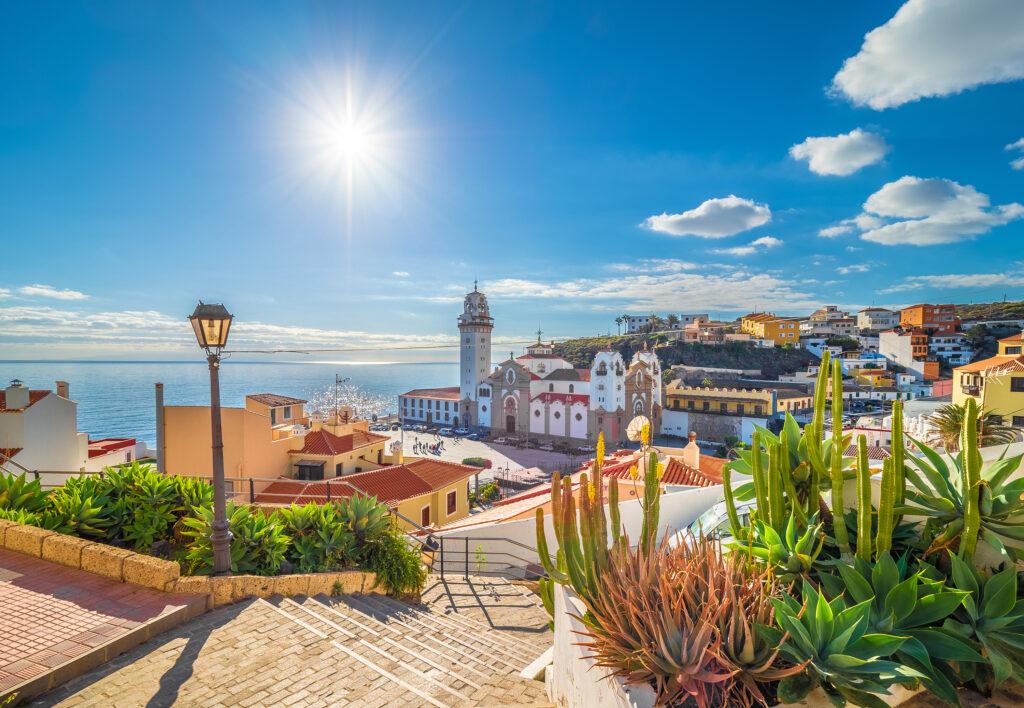
Late meal times and afternoon store closures
Another well-known specificity in Spain: the schedules!
Indeed, adapting to Spanish hours can be a bit tricky, especially if you’re not accustomed to it. Meal times are late, and afternoon store closures, outside major cities, can leave you a bit puzzled.
To explore the richness of Spanish gastronomy beyond paella and tapas, you’ll simply need to adjust your meal times: lunch doesn’t start before 1:30 PM and can last well into the afternoon. Dinner follows the same pattern, starting later in the evening. To avoid arriving at a restaurant and finding it closed, make sure to plan ahead and familiarize yourself with the schedules of all your new favorite places. Also, be aware that some of your future Spanish friends may be late. Punctuality is not a priority in Spain, is it?
Intensivos horarios, a appreciated workplace specificity
Finally, for those working in a Spanish company, you’ll have the chance to experience « intensivos horarios » throughout the summer and every Friday. This involves starting work earlier, skipping the morning break, delaying lunch until later, but finishing earlier to enjoy sunny afternoons.
A typical Spanish custom, but ideal for indulging in the pleasures of your new life and discovering your new country from the inside out!
Taking the time to live, even at night!
In Spain, the impact of the sun influences the well-being and emotions of its inhabitants. The Iberian Peninsula enjoys over 3,000 hours of sunlight per year! The different regions of the country have varied temperatures but remain mild throughout the year. Spring and autumn are particularly pleasant, allowing for outdoor activities during the day.
This quality of life partly explains why Spanish people are more outgoing than other Europeans and are particularly active during the night! Spaniards appreciate humorous, talkative individuals with warm and friendly behavior.
As for Spanish dances, with guitars and hats, you can practice them everywhere and throughout the night! Flamenco, Bolero, Jota, Fandango, Muinera, Zambra, or Paso double— a lifetime is not enough to master them all!
Spain, a nearby destination
Spain remains a convenient destination for English people, whether by road, train, or plane. No matter where you live, you can easily stay in touch with your family and friends in your home country. Moreover, if you are considering making Spain your second home, the Iberian Peninsula is ideally connected.
Indeed, Barcelona is just 2 hours and 10 minutes from London airports. The Balearic Islands are 2 hours and 30 minutes from London.
Public transport and roads
The Spanish road network is excellent, with many highways built in the last five years, largely thanks to European subsidies.
The average price of a public transport ticket is 1.45 euros. All major cities have metros, tramways, buses, and taxis.
Finally, Spain has a railway network of 18,829 km of lines, the Renfe, serving all autonomous communities from Galicia to Andalusia.
Change your life with iad Overseas
Relocation, administrative procedures, and exploration of local cultures; our iad Overseas property consultants* will ensure you can start your new life serenely. Contact us now to explore the wonders of Spain let them guide you through your property purchase.

